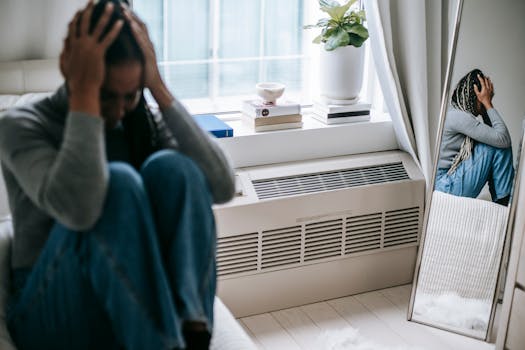
Benefits of Regular Exercise on Mental Health
Regular exercise is a powerful tool for maintaining good mental health. Exercise has been shown to have a positive impact on mental health, reducing stress and anxiety, boosting mood and self-esteem, and even alleviating symptoms of depression and anxiety disorders. In this article, we will explore the benefits of regular exercise on mental health and provide tips on how to incorporate physical activity into your daily routine.
Reduces Stress and Anxiety
Exercise is a natural stress-reliever. When we exercise, our body releases endorphins, also known as feel-good hormones, which help to reduce stress and anxiety. Regular exercise can also help to reduce symptoms of anxiety disorders, such as panic attacks and phobias. Furthermore, exercise can help to improve sleep quality, which is essential for maintaining good mental health.
Boosts Mood and Self-Esteem
Regular exercise can also have a positive impact on our mood and self-esteem. Exercise releases endorphins, which can help to improve our mood and reduce symptoms of depression. Additionally, achieving fitness goals and seeing progress in our physical health can boost our self-esteem and confidence. This can have a positive impact on all areas of our life, from our relationships to our work and daily activities.
Alleviates Symptoms of Depression and Anxiety Disorders
Exercise has been shown to be an effective treatment for depression and anxiety disorders. Regular physical activity can help to reduce symptoms of depression, such as low mood and energy, and can also help to alleviate symptoms of anxiety disorders, such as panic attacks and phobias. Additionally, exercise can help to improve cognitive function and reduce the risk of dementia and other neurological disorders.
Tips for Incorporating Physical Activity into Your Daily Routine
Incorporating physical activity into your daily routine can be easy and fun. Here are some tips to get you started:
- Find an activity you enjoy, such as walking, running, swimming, or dancing.
- Schedule physical activity into your daily routine, such as first thing in the morning or during your lunch break.
- Start small and gradually increase the intensity and duration of your workouts.
- Find a workout buddy or join a fitness class to make exercise more enjoyable and social.
- Track your progress and celebrate your achievements along the way.
Conclusion
In conclusion, regular exercise is a powerful tool for maintaining good mental health. By incorporating physical activity into your daily routine, you can reduce stress and anxiety, boost mood and self-esteem, and even alleviate symptoms of depression and anxiety disorders. So why not get moving today and start experiencing the benefits of regular exercise on mental health for yourself?



